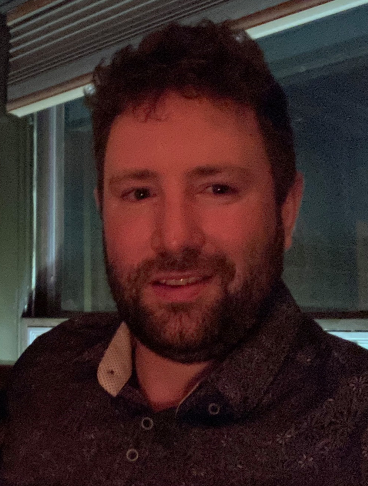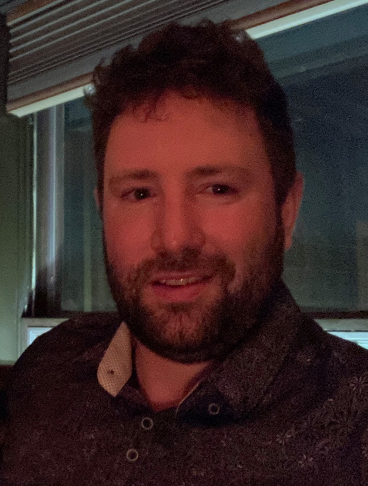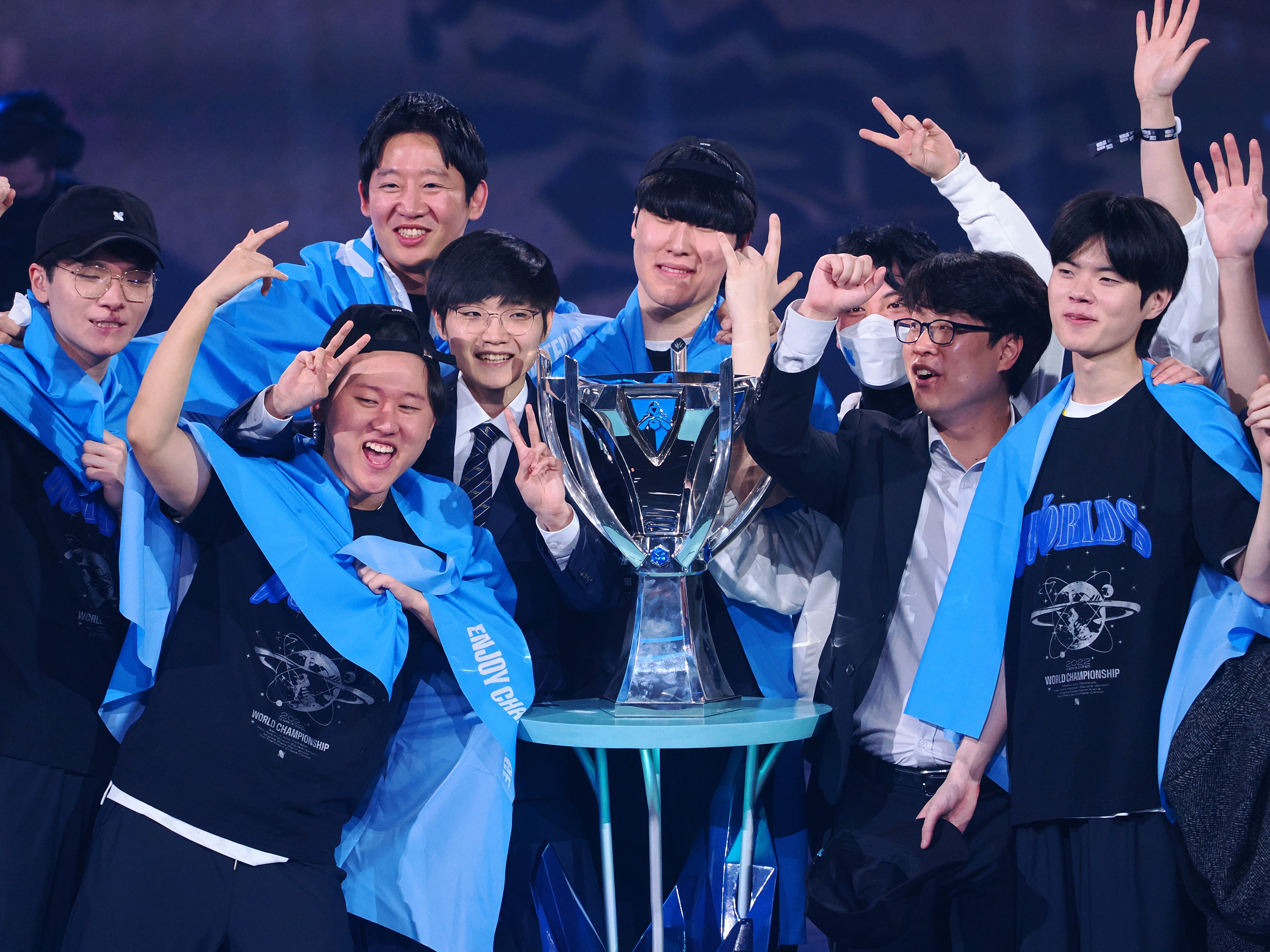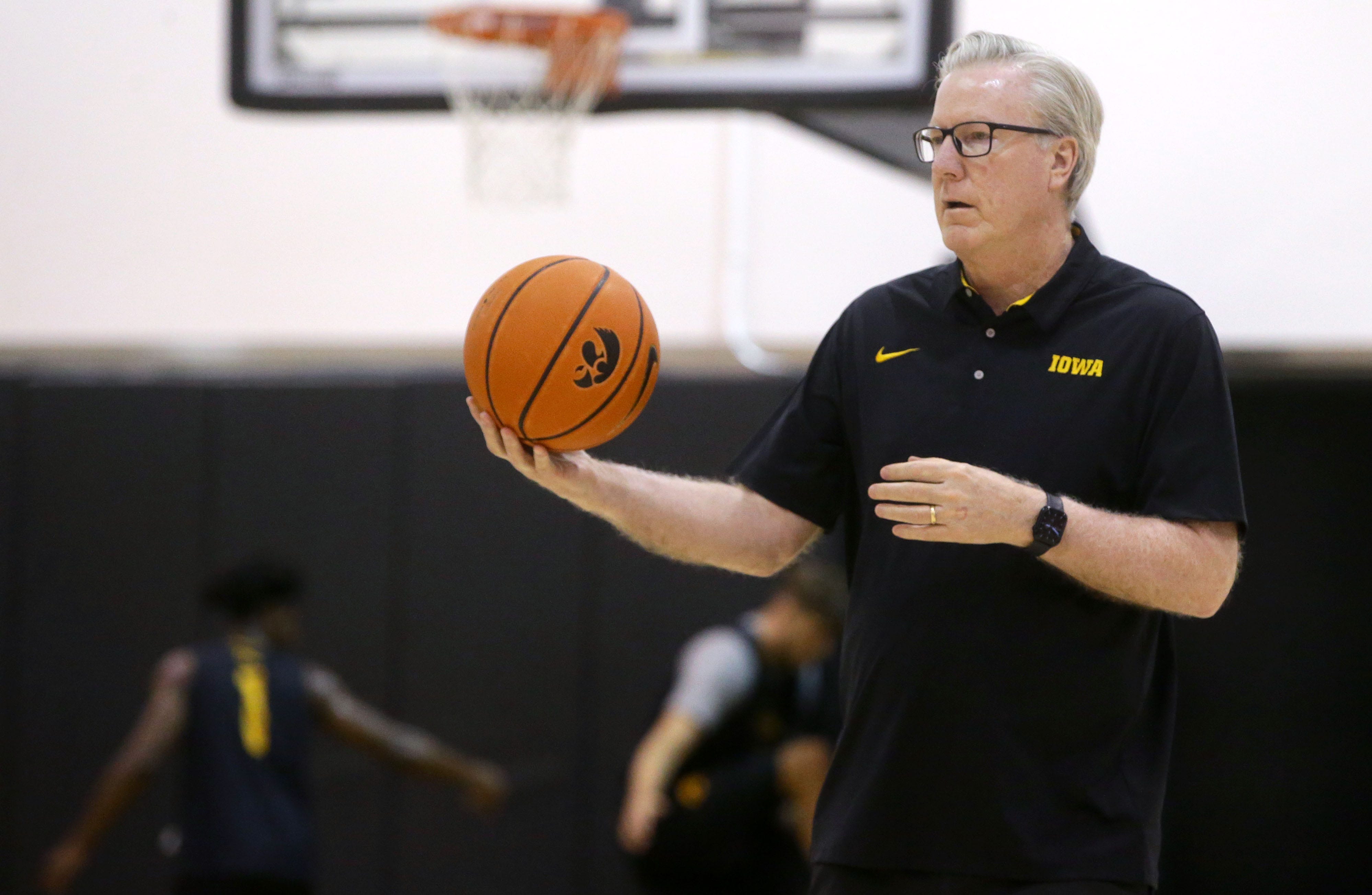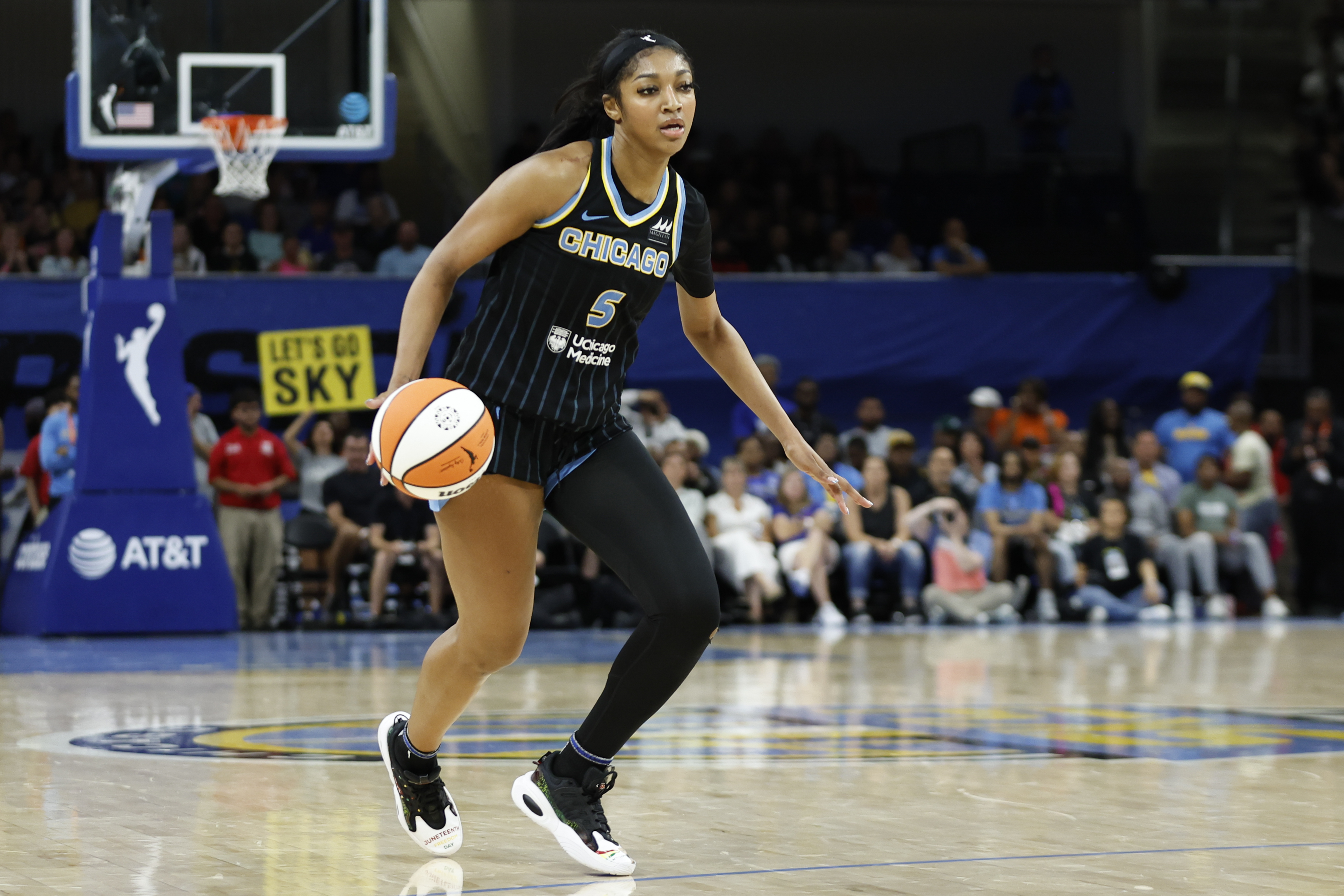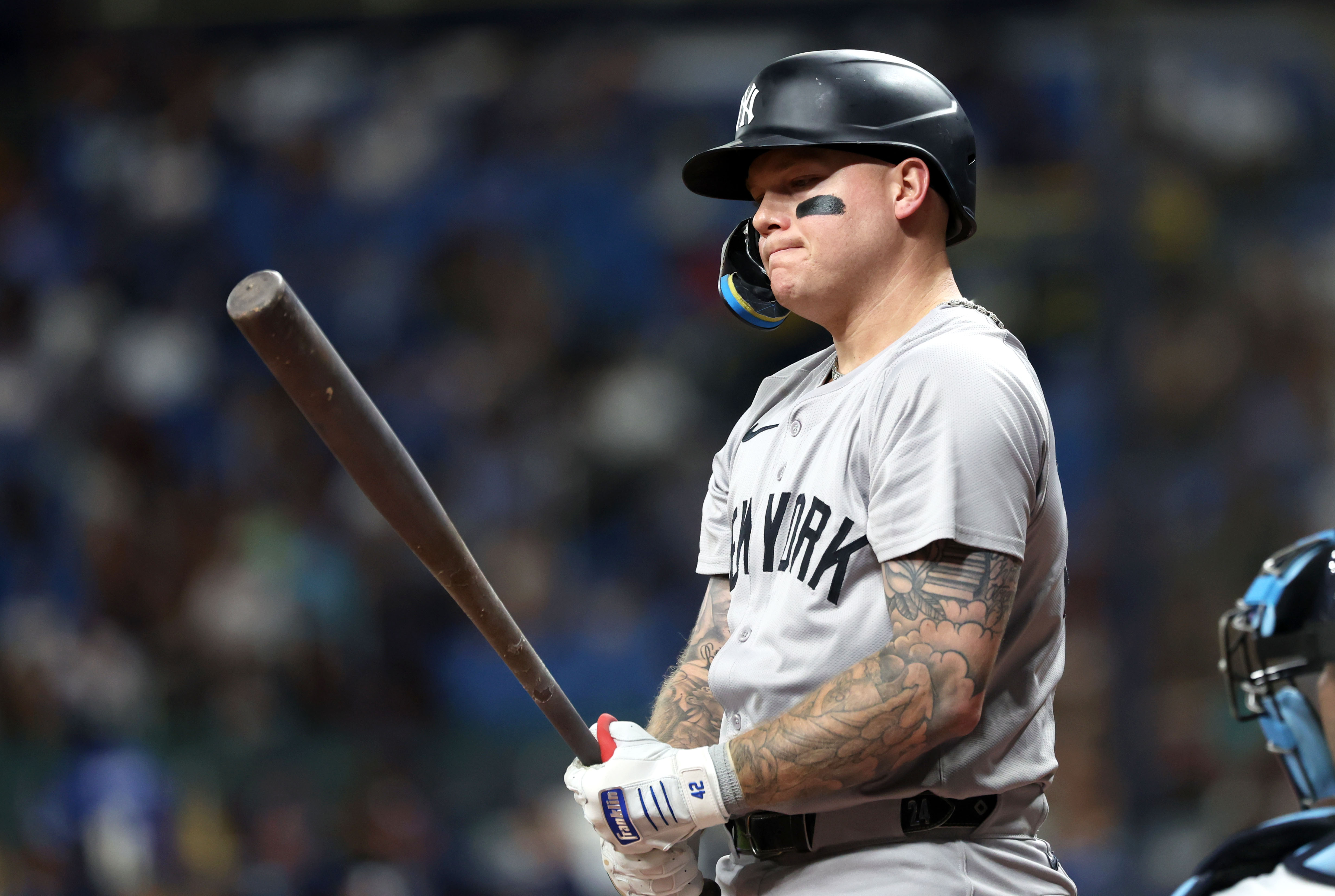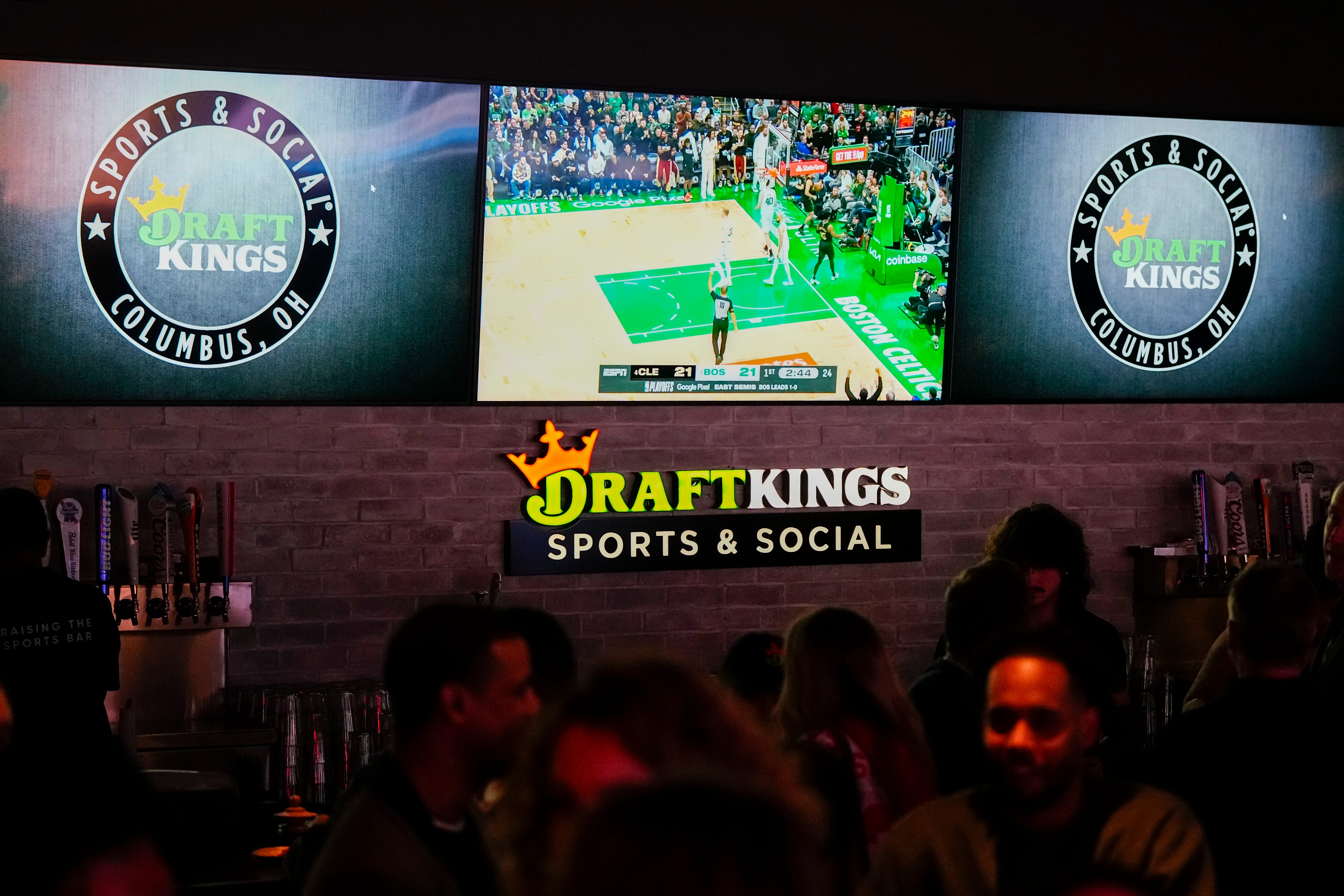iGaming Ontario Handed Court Victory Over Mohawk Tribe
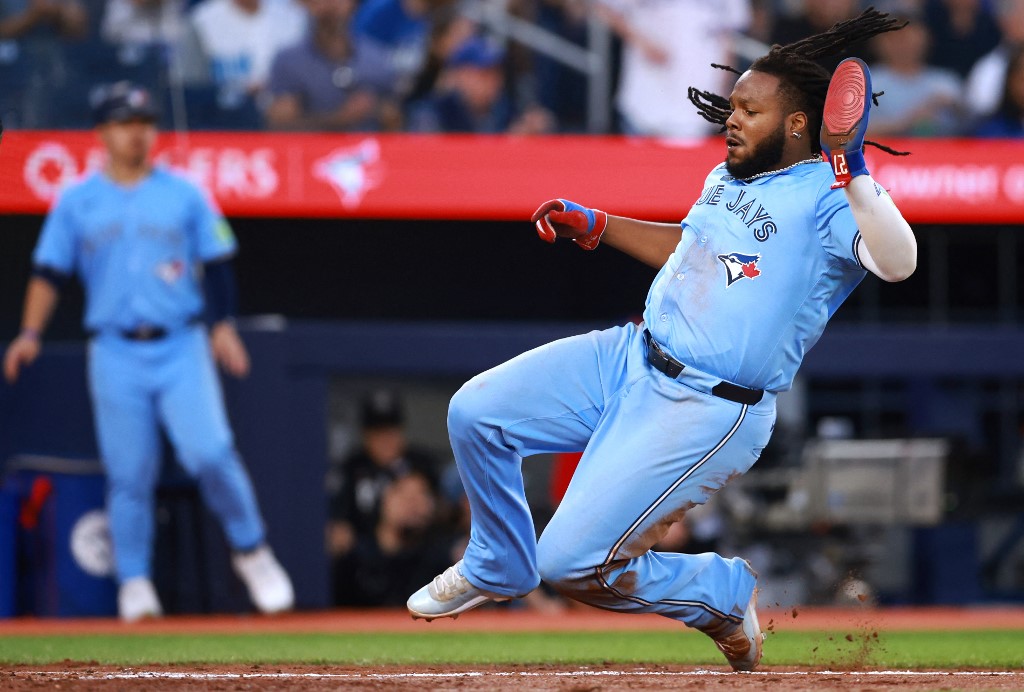
This week, the legal sports betting industry in Ontario saw some clarity as the courts ruled in favor of the current regulator over a challenge from the Mohawk Council of Kahnawà:ke (MCK) from Quebec. Ontario remains the sole province in Canada where residents can legally access top sportsbooks.
Ontario Superior Court Justice Lisa Brownstone’s decision determined that the existing iGaming Ontario management structure should continue for the foreseeable future. The responsibility for overseeing Ontario sports betting and online casinos will remain with the current regulatory body in the province.
For now, the Supreme Court ruling effectively puts a stop to the MCK and other private operators attempting to enter the legal sports betting market in the province without a license.
There may be other challenges from entities asserting sovereign rights over legal gambling on their territories. However, the MCK has promised to end its challenge and has decided not to appeal the decision.
Lisa Lahache, the Mohawk Council’s political press attache, stated that while the Council of Chiefs of the Mohawk Council of Kahnawà:ke is disappointed in the decision, they are pleased that the Superior Court of Ontario has recognized MCK’s public interest standing. She also mentioned that the MCK has decided not to appeal the decision and will concentrate on pursuing and asserting their gaming interests through alternative means.
Case closed?
Although Ontario’s Indigenous government groups and private providers may still pose challenges, the jurisdiction over the Ontario legal sports betting industry and iGaming Ontario is clearly held by iGaming Ontario.
Ontario Superior Court Justice Lisa Brownstone determined that the controls in place demonstrate iGO’s ultimate decision-making authority in various key aspects of the iGaming scheme, maintaining a high level of control over operators across a wide range of elements within the iGaming industry.
Brownstone concluded that it was highly unlikely for a challenge to the iGaming scheme to be brought before the courts, noting that no such challenge has been made thus far.
More about the Mohawks of Kahnawà:ke claim
The Mohawks of Kahnawà:ke have asserted their jurisdiction over gambling platforms originating from their lands, citing their Aboriginal rights as grounds for being a strong contender for legal sports betting and iGaming opportunities.
The Mohawks of Kahnawà:ke have established their own gaming commission and currently operate a successful company that runs the Sports Interaction sportsbook and iCasino, which are widely available outside of the Ontario market.
The MCK feels that their “Aboriginal rights” are being overlooked in this situation due to the requirement to register with Ontario provincial regulators and sign contracts with the iGO.
The MCK and other private sports betting entities will not be considered until they fulfill all necessary licensing requirements.
Ontario market thriving
Ontario’s legal gambling industry has seen significant growth since its inception just over two years ago, with 13 consecutive quarters of increases. In the fiscal year ending March 31, 2026, Ontario’s gambling sites generated an impressive $63 billion in revenue, resulting in $2.4 million in profits and nearly $500 million in taxes for the province. It is evident that residents have been making use of Canada sportsbook promotions.
iGaming Ontario serves as the regulatory body for over 70 legal sports betting, casino gaming, and online poker sites in the province, all of which contribute to impressive numbers.
Where it leaves us
The Mohawks have indicated they will not challenge the court ruling that upholds regulatory powers with the iGO, but Lisa Lahache, a member of the Mohawk Council, mentioned the possibility of exploring “other avenues.” This suggests that the matter may not be completely resolved and that there could be alternative options for Indigenous communities overlooked in Ontario’s sports betting legalization.
One potential solution could be found in Senator Scott Tannas’s Bill S-268, which was proposed approximately one year ago but may now gain traction. The bill seeks to amend Canada’s Criminal Code to grant First Nations governing bodies sole authority to operate and oversee lottery schemes on their reserves.
Senator Brent Cotter stated that the bill would expand gaming jurisdiction to any First Nation that chooses to participate.
Although the legislation is not yet law, it does have some advantages. However, it does not significantly assist Canada’s Indigenous communities in establishing mobile sports betting and iGaming sites. Instead, it simply permits these communities to operate platforms on their own lands.
Anticipate the ongoing battle to persist across different fronts, despite the Mohawk Council of Kahnawà:ke’s decision to step back from this specific issue.
